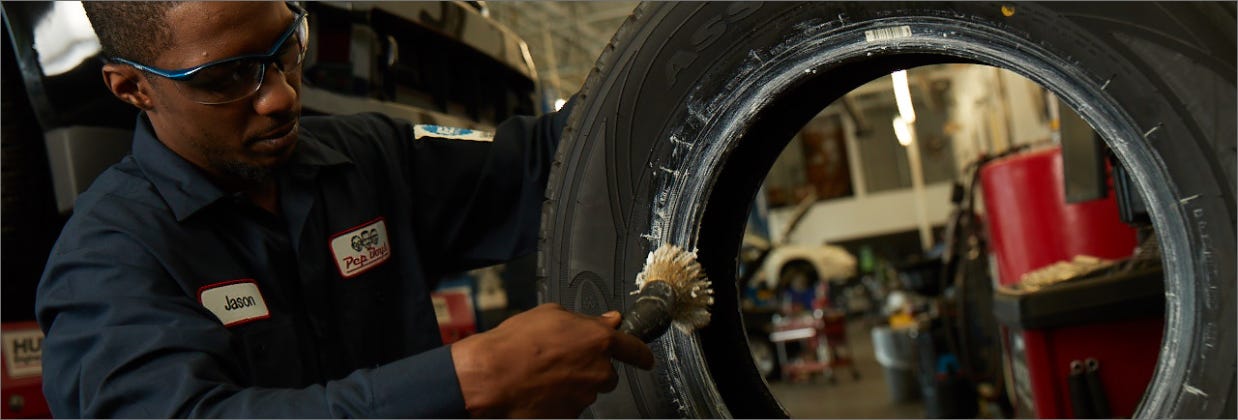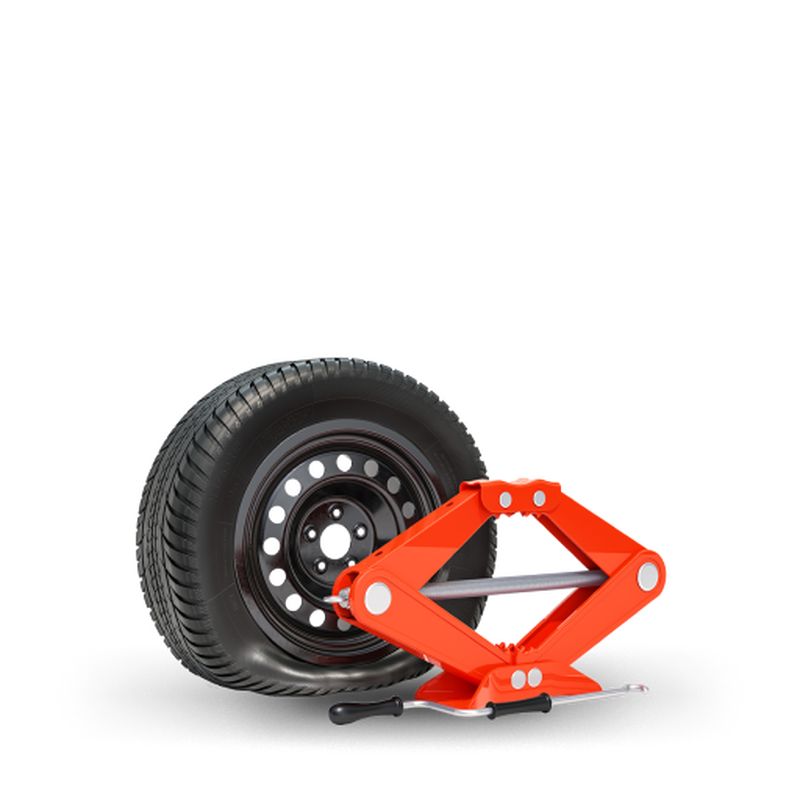Morris Tire Service: Reliable and Inexpensive Care
Morris Tire Service: Reliable and Inexpensive Care
Blog Article
The Web Link Between Tire Service and Fuel Performance
Performance in gas usage is a vital issue for vehicle owners looking for to maximize their driving experience. Among the various elements that affect gas performance, tire service stands out as a crucial aspect that frequently goes overlooked. The elaborate partnership between tire upkeep and fuel economic situation is a testament to the intricate functions of a car. By recognizing how tire treatment straight affects the efficiency of your vehicle, you can open a realm of possibilities that not only improve performance but likewise contribute to set you back savings in the future.
Value of Proper Tire Inflation
Proper tire inflation is a critical variable in making best use of gas efficiency and making sure optimum lorry efficiency. On the various other hand, overinflated tires can lead to a harsher trip, unequal tire wear, and minimized grip - tire shop near me.
Preserving the correct tire stress not only enhances gas performance but also boosts driving safety and security. Frequently examining and adjusting tire stress, specifically previously long trips, is a simple yet reliable way to optimize your car's gas economy and ensure a smooth driving experience.
Influence of Tire Tread Depth
Maintaining the advised tire stress is essential for ideal car performance and gas effectiveness; in a similar way, the tread depth of your tires plays a vital function in guaranteeing security and traction on the roadway. Tire walk depth straight influences the ability of your tires to grip the roadway surface area, especially in wet or unsafe conditions. Routinely examining your tire walk depth and replacing tires when required is a straightforward yet effective method to promote both safety and fuel performance on the roadway.
Duty of Wheel Positioning in Performance
Guaranteeing precise wheel positioning is crucial for enhancing car effectiveness and optimizing fuel economic climate. Proper wheel placement involves changing the angles of the wheels to supplier requirements, making sure that they are parallel to each various other and vertical to the ground. When wheels are misaligned, it can lead to irregular tire wear, enhanced moving resistance, and reduced fuel effectiveness.

Furthermore, exact wheel positioning can additionally improve taking care of and security, lowering the amount of energy needed to maneuver the car (morris tire). By decreasing unnecessary friction and drag, correct wheel placement plays a vital role in boosting total car efficiency and gas economic climate. Routine wheel positioning checks and changes are essential for maintaining optimum efficiency and maximizing fuel financial savings
Link Between Tire Upkeep and MPG
A vital element of optimizing fuel efficiency in vehicles is the upkeep of tires and their straight influence on miles per gallon (MPG) Proper tire maintenance plays a vital duty in maximizing fuel economy. One vital factor affecting MPG is tire stress. Underinflated tires enhance rolling resistance, causing the engine to function more challenging and shed even more gas. On the other hand, overinflated tires lower the call patch with the road, bring click here to read about irregular wear and reduced fuel performance. On a regular basis checking and maintaining the appropriate tire stress can considerably enhance MPG.
Furthermore, tire tread depth likewise influences fuel effectiveness. By ensuring tires have sufficient tread deepness, chauffeurs can boost both security and gas economic climate.
In essence, proper tire upkeep, including monitoring tire stress and walk deepness, is straight connected to achieving ideal MPG. By including regular tire inspections and maintenance into a lorry care regimen, chauffeurs can not only extend tire life but also enhance fuel efficiency, eventually conserving cash and reducing ecological effect.

Tips for Fuel-Efficient Tire Care
Given the vital connection in between tire upkeep and fuel effectiveness, implementing effective techniques for maximizing tire treatment is vital to improving overall lorry performance. To ensure fuel-efficient tire treatment, routine tire pressure checks are essential. Effectively inflated tires decrease rolling resistance, enhancing gas performance and prolonging tire life-span. Furthermore, keeping appropriate wheel positioning and balancing aids disperse weight evenly, stopping unequal tire wear and optimizing fuel intake. Revolving tires at suggested periods promotes also tread wear, boosting gas efficiency by guaranteeing all tires contribute similarly to automobile performance. It is additionally important to examine tires for signs of damage, such as cuts, leaks, or bulges, as these issues can impact gas performance and overall safety. Finally, picking tires with low rolling resistance can significantly enhance gas economic situation. By integrating these fuel-efficient tire treatment pointers right into a routine upkeep routine, drivers can optimize fuel performance, reduce operating prices, and lengthen the life of their tires.
Verdict
By consistently preserving tires and complying with fuel-efficient tire treatment tips, chauffeurs can optimize their lorry's efficiency and useful link minimize fuel usage. It is vital to prioritize tire maintenance to not just save money on fuel expenses yet also informative post to promote total vehicle efficiency.
Report this page